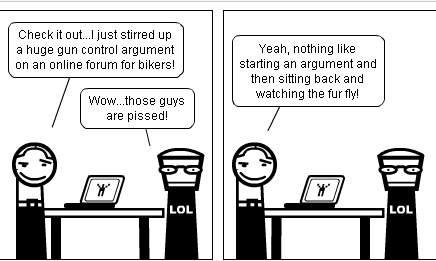 “Journalism 2020: Maintaining Professionalism, Regaining Credibility”
“Journalism 2020: Maintaining Professionalism, Regaining Credibility”
Organized by Medienhaus Wien with collaboration from the European Journalism Observatory and MAZ, the Journalism 2020 conference welcomed journalists, academics and professionals from the world of journalism and communication to discuss prospects for tomorrow’s journalism. Held in in Vienna from March 18th – 20th, Journalism 2020 opened with two key speakers: Director of Guardian News and Media, Alan Rusbridger, and Director of Zeit Online, Wolfgang Blau.
According to Rusbridger and Blau, journalism – not as a profession but as an activity performed in a professional way – will still exist in 2020, although print media may not survive. If it does in fact live on, we can expect the format for print news to differ radically, with core business resting in the online sector. As it stands, solutions for a sustainable business model still remains to be seen. Rusbridger believes that if we wish to move ahead, we must keep journalism separate from its business model. “It is only a crisis,” says Rusbridger. “There has never been a better moment for journalism.” For this reason, he disagrees with pay walls on the grounds that they’ll interrupt the flow of information and thwart what has become participatory and free journalism. He and Blau both believe in open, equal dialogue with readers and the exchange of sources and information on social networks like Twitter (Zeit Online now has 25,000 Twitter followers) and Facebook. To survive, journalism must let go of this vision of the journalist as sole custodian of truth, coveting the power to publish, provide visibility and circulate news. Such an ideal no longer holds true. Indeed, “there is a crisis of ego” (as Blau deftly noted) under way. Whomever engages in the professional struggles of a journalist interacting with readers should be taken seriously and regarded as a valid counterpart. Die Zeit embraced such a challenge, regarding its readership as an intelligent bunch welcome to participate in the sharing of information. “Our readers are pretty smart,” says Blau.

Alan Rusbridger (left) and Wolfgang Blau (right), interviewed by Matthias Karmasin (University of Klagenfurt/Medienhaus-Wien), discuss the future of journalism in the hall of the Federal Chancellery of Vienna.
Hence, elements of journalism must be reconsidered bearing in mind that it grows increasingly difficult to define as various journalistic categories (local and national news for example) adapt and change. While British daily the Guardian closed 2009 with a loss, the weekly Die Zeit made a profit, exploiting the crisis of the daily newspaper sector, striving for variety and detail, targeting a specific niche readership. And, naturally, remembering that high-quality, serious and independent journalism requires the support of an organization that can offer protection and utilize a vital code of ethics. This applies both to print and online media.
The initial discussion points to the fact that the road is long and gruelling from here to 2020, and forecasting the state of journalism is far from easy. We are in the midst of a transformation, and it’s possible we won’t be the ones to push the old model of journalism towards a new one. Perhaps this will be the task of the native digital generations to come.
Yet the progress made by the Guardian and Die Zeit is encouraging: both discovered ad hoc and original formulas for success on paper and the Web. The Guardian’s losses are offset by an extraordinary rise in readership, capital for the future. Each news outlet took chances, and now reaps the benefits of risk-taking. And the lesson learned? Until we find a sound business model, editors must tread their own paths, wisely calibrating innovation and tradition, Web and paper, keeping readers’ ages in mind. A difficult challenge, but not an insurmountable one.
Tags: Alan Rusbridger, Facebook, Journalism 2020, MAZ, Medienhaus Wien, New Media Model, News Business, The Guardian Zeit Online, Twitter, Wolfgang Blau












































